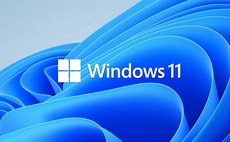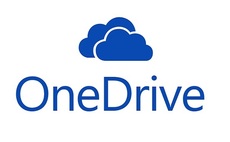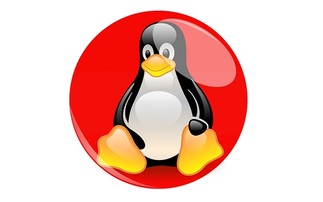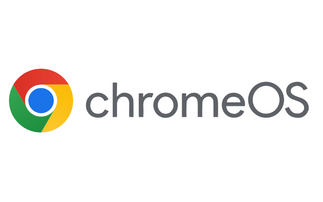Mixed messages emerge from Microsoft over OS upgrades. What are the pros and cons?
It will be a message familiar to anyone who's witnessed a new Microsoft operating system launch: the official message from the software giant is that the outgoing operating system is old and slow, ...
To continue reading this article...
Join Computing
- Unlimited access to real-time news, analysis and opinion from the technology industry
- Receive important and breaking news in our daily newsletter
- Be the first to hear about our events and awards programmes
- Join live member only interviews with IT leaders at the ‘IT Lounge’; your chance to ask your burning tech questions and have them answered
- Access to the Computing Delta hub providing market intelligence and research
- Receive our members-only newsletter with exclusive opinion pieces from senior IT Leaders



















